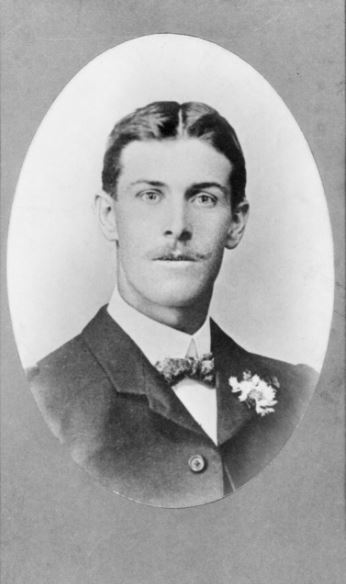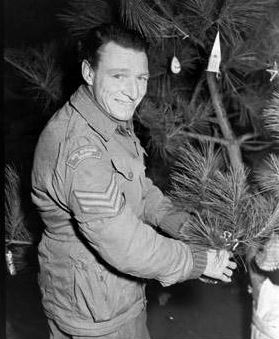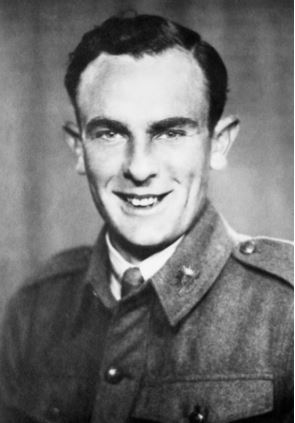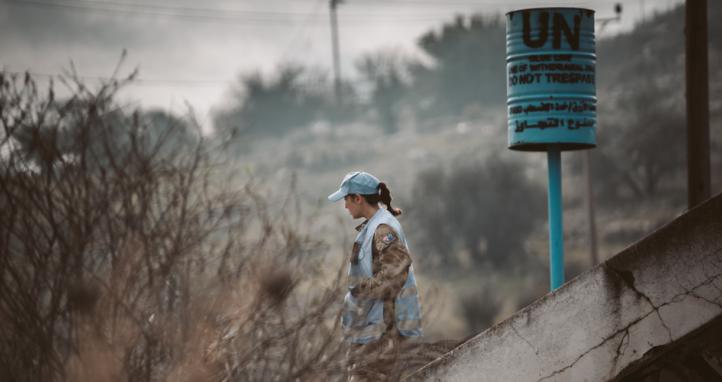Captain Alfred John Shout VC, MC (1882 - 1915, 33 yo)
 John Shout was born on 7 August 1882 in Wellington, New Zealand. After leaving school, he worked as a carpenter before volunteering to serve in the South African War with a New Zealand contingent in 1900. In 1905, he relocated with his family to Darlington, New South Wales, and joined the local 29th Infantry Regiment. He was commissioned as an officer in June 1914.
John Shout was born on 7 August 1882 in Wellington, New Zealand. After leaving school, he worked as a carpenter before volunteering to serve in the South African War with a New Zealand contingent in 1900. In 1905, he relocated with his family to Darlington, New South Wales, and joined the local 29th Infantry Regiment. He was commissioned as an officer in June 1914.
Shortly after the outbreak of the First World War, Shout enlisted in the Australian Imperial Force on 27 August 1914 and was assigned to the 1st Battalion as a Second Lieutenant. By early 1915, while stationed in Egypt, he was promoted to Lieutenant. He landed at Gallipoli with his unit on 25 April and quickly proved his mettle in the heavy fighting that followed. Just two days later, he led his men through thick scrub under relentless fire and charged Turkish positions. For his courage during these early actions, he was awarded the Military Cross and was also Mentioned in Dispatches. He was wounded twice in quick succession and promoted to Captain in late July.
The defining moment of Shout’s service came during the infamous battle at Lone Pine in August 1915. Amid days of brutal close-quarters combat, he led multiple attacks against entrenched enemy positions. On 9 August, he spearheaded an advance through captured trenches, hurling grenades and engaging the enemy at point-blank range. Later that day, working with another officer, he helped clear a contested trench line known as 'Sasse's sap.' As they advanced, troops behind them constructed makeshift barricades from sandbags to hold the ground they had gained.
During the final stage of the assault, Shout prepared to throw a cluster of grenades, intending to drive the enemy from their last foothold. One of the bombs exploded prematurely in his hand, inflicting devastating injuries. Despite being gravely wounded, he remained in good spirits as he was evacuated. He died two days later aboard a hospital ship and was buried at sea. His fearless leadership and gallantry earned him the Victoria Cross, announced in October 1915.
Warrant Officer Class Two Rayene Stewart Simpson VC, DCM (1926 - 1978, 52yo)
 Ray Simpson was born in Redfern, New South Wales on 16 February 1926. After finishing school, he worked as a labourer and joined the Australian Imperial Force on 15 March 1944. During the final years of the Second World War, he served in operations at Morotai, Tarakan in Borneo, and Rabaul in New Guinea, before being demobilised in January 1947.
Ray Simpson was born in Redfern, New South Wales on 16 February 1926. After finishing school, he worked as a labourer and joined the Australian Imperial Force on 15 March 1944. During the final years of the Second World War, he served in operations at Morotai, Tarakan in Borneo, and Rabaul in New Guinea, before being demobilised in January 1947.
In January 1951, he re-enlisted in the newly established Australian Regular Army. Within months, he was sent to Korea as a reinforcement for the 3rd Battalion, Royal Australian Regiment, where he was quickly promoted to temporary Sergeant. Following his return to Australia in 1954, he went on to serve with the 2nd Battalion in Malaya from 1955 to 1957, and later joined the elite 1st Special Air Service Company based near Perth. Promoted to Warrant Officer Class Two, he was deployed to Vietnam in July 1962 with the Australian Army Training Team Vietnam (AATTV).
During his second Vietnam tour in 1964, Simpson operated in the rugged north-west region of the country, advising South Vietnamese forces. On 16 September, his patrol was ambushed by Viet Cong fighters. Although seriously wounded in the leg, he remained in command, rallied his men, and held off multiple assaults until reinforcements arrived. For his leadership and courage, he was awarded the Distinguished Conduct Medal.
Though he left the Army briefly after that deployment, Simpson re-enlisted in May 1967 and returned to Vietnam with the AATTV. On 6 May 1969, while commanding a Montagnard unit near the Laos-Cambodia border, he led a counterattack to relieve a pinned-down platoon. Reaching a wounded Australian adviser under heavy fire, Simpson carried him to safety and attempted to neutralise the enemy position with grenades. Still carrying his wounded comrade, he covered the company’s withdrawal under fire. A few days later, on 11 May, he again exposed himself to enemy fire to organise the rescue of trapped casualties. These exceptional acts of bravery earned him the Victoria Cross.
Simpson was a complex and deeply human figure. Known for his rugged dependability and sharp infantry skills, he was also famous for his unfiltered language, blunt manner, and mischievous streak. Fiercely loyal and principled, he had little interest in material wealth and lived simply. He was well-read in military history and tactics, traits that informed his leadership in combat.
He discharged from the Army on 4 May 1970 and passed away from cancer on 18 October 1978.
Private Bruce Steel Kingsbury VC (1918 - 1942, 24yo)

Bruce Kingsbury was born in Melbourne, Victoria on 8 January 1918. After completing his schooling, he worked both on rural properties and in his father's real estate agency. On 16 May 1940, he enlisted in the Australian Imperial Force and was initially assigned to the 2nd/2nd Pioneer Battalion, later transferring to the 2nd/14th Battalion.
He saw action with the battalion during the campaign in Syria in June 1941. The following year, as Japanese forces advanced along the Kokoda Track in Papua, his unit was deployed to help stem the tide. By late August 1942, the Australians were under intense pressure near the village of Isurava. On 29 August, the Japanese succeeded in breaching the right flank of the 2nd/14th’s defensive line, putting the battalion’s headquarters at risk.
With the situation critical, a counter-attack was launched. Despite heavy casualties, Kingsbury and the remaining men of his platoon volunteered to retake the ground. Acting without orders, Kingsbury charged forward with a Bren gun, firing from the hip as he advanced through withering enemy machine-gun fire. He inflicted significant losses on the Japanese, stalling their advance. After briefly pausing to allow his comrades to close the distance, he surged forward again on his own and was fatally shot by a sniper. His fearless assault helped turn the momentum of the battle and stabilised the front line.
For his extraordinary courage and self-sacrifice, Bruce Kingsbury was posthumously awarded the Victoria Cross. He was laid to rest at Bomana War Cemetery in Port Moresby, Papua New Guinea.
Last Reviewed 06/2025









